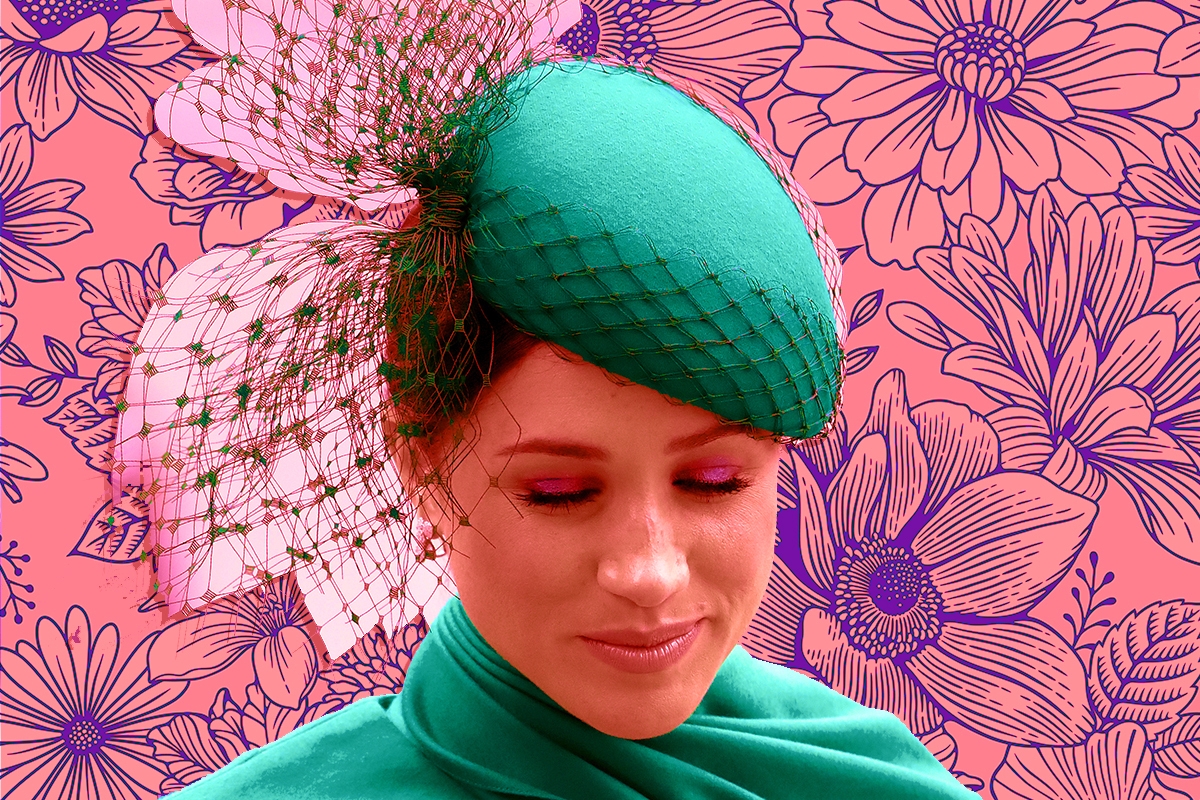I read Meghan Markle’s recent New York Times op-ed, “The Losses We Share” without taking a single breath. I devoured her words, completely transfixed. When I finished, I read it again. And then I just sat there.
The range and depth of her words shook me, from her heartbreaking recollection of losing her child due to a miscarriage to her poignant reflections on a year filled with universal pain and loss. Her writing wrapped itself around me completely, and it so deeply resonated with me, as both a mother and as a Jew. For when Meghan connected her personal loss to the memory of being asked three basic but meaningful words by a reporter — “Are you OK?” — I knew she inadvertently touched upon something quintessentially Jewish.
In the essay, Meghan urges us all to ask one another that same simple question, “Are you OK?” Reading her words and her call to action, I felt she touched on the essence of tikkun olam, or repairing the world.
These days, tikkun olam is most commonly associated with social action projects organized by synagogues and Jewish youth groups. While this modern, social justice-oriented interpretation is meaningful, this tenet of Judaism actually goes back to the time of creation, for it was during this time that divine light was created and stored in many tiny vessels. During the process of creation, some of these vessels were shattered, with fragments of the divine light remaining affixed to the broken vessel shards. These broken pieces, these shards, represent the evil in our world, and the divine light that still remains attached, to this day, is what enables the presence of evil. At its core, tikkun olam is the act of gathering these lost shards and returning the divine light to its source.
Reading Meghan’s piece, I envisioned these lingering shards and the lost divine light bobbing in the abyss of our fractured world. And I wondered: What would our world look like if we could join together in the effort to find these remaining glimmers? With a global pandemic pushing us all to our emotional and physical limits, Meghan’s piece reinforced the urgency to find this lost light. And those three simple words — “Are you OK?” — play a significant role in this quest.
Today, it is common for individuals and Jewish communities to find meaning through social action, with the goal of improving our shared society through giving. It’s common for synagogues and youth groups to organize programs that aim to care for the disadvantaged, the infirm, or the elderly. I myself grew up within a Jewish community that placed great emphasis on tikkun olam, I was taught from a young age the importance of giving and extending oneself to others, through visiting the sick to providing food and shelters for others. At its core, this kind of work is actually asking variations of the question, “Are you OK?”
Tikkun olam is both an individual and a collective effort. Each individual embarks on their own journey to repair the world with their personal values in mind. Now, I don’t want to underestimate the power of asking an ailing person, “Are you OK?” when done quietly and privately. But now imagine the impact of an entire community showing up to support another community. In order to repair the world, it’s imperative that we ask one another, “How can we work together to create a healthier and happier reality?”
The Covid-19 pandemic has highlighted just how fragile we all are, and how we all could use a helping hand. As Meghan writes, “As much as we may disagree, as physically distanced as we may be, the truth is that we are more connected than ever because of all we have individually and collectively endured this year.” Let us remember this, because ultimately, right now, our similarities outweigh our differences. We are all human beings craving to be reunited with our loved ones, and we are all looking forward to a brighter future.
At the end of her piece, Meghan offers a wish for Thanksgiving — and I’d like to extend that to the upcoming holiday of Hanukkah as well. Hanukkah, or Chag Ha’orim (the Holiday of Light), falls during the darkest period of the year. During the eight days of Hanukkah, the days are at their shortest and the darkness settles in early. There is no better moment than during this time of the year to bring light to those around us by asking those three simple words, “Are you OK?”
This year, in particular, we might also consider adding, “How can I help repair your world?” Imagine the amount of scattered remains of divine light we can gather, together, by asking each other these questions, and listening to their answers.
Header image by Max Mumby/Indigo/Getty Images








